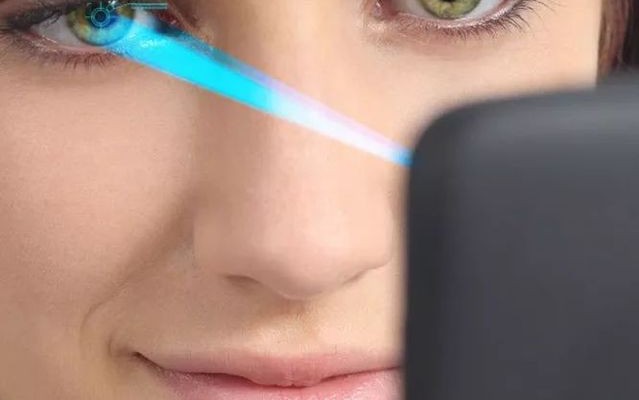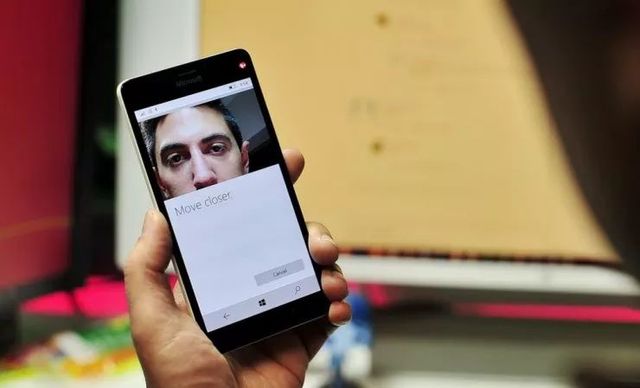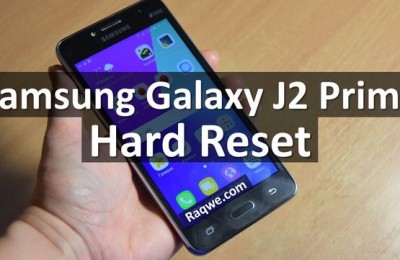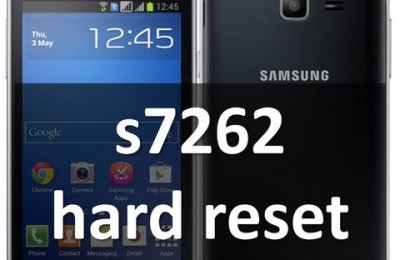On February 24, Spain will host an exhibition MWC, where companies from all over the world announce new collection of smartphones. As always, on the eve of exhibition, newswires are filled with rumors about future devices. The main theme are flagship smartphones of South Korean manufactures – Samsung Galaxy S7 and LG G5. Leave aside screens, cameras, processors, today we are interested in retinal scanning technology (iris) of the eye, which is likely to be supported by both models.
Eye scanner is new generation of biometric security to replace the fingerprint reader. Actually, fingerprint readers do not available in all smartphones (even flagship). However, retinal scanner is an interesting thing. In this article I will tell you about the technology in detail.
For a start it should be noted that eye scanner is not something entirely new in the world of smartphones. For example, Microsoft Lumia 950 & 950 XL, ZTE Axon Mini, from earlier – Asian Fujitsu NX F-04G, Vivo X5Pro and ZTE Grand S3 support new technology.
How eye scanner works?
There are two main options for eye scanners for smartphones. Lumia Devices and Fujitsu, for example, using infrared light and an infrared camera in addition to the usual front camera. To unlock the smartphone, you must bring it to the person (usually no more than 30 cm), then an invisible infrared beam will highlight your eyes, and the infrared camera takes a picture. Software generates hash code based on the received information on the iris. If it is the same as that recorded in phone memory, when you set up the scanner, the device is unlocked.
The process of generation hash takes 1-2 seconds. It’s not very quickly. In general, scan time depends on processing power of smartphone. Important to note that device cannot store pictures of eyes, only hash sum.
The second technology developed by American startup called EyeVerify Eyeprint ID. The principle is similar, only IR beam is not used. Eyeprint ID does not scan iris and retina, but location of blood vessels and other features. To use the technology enough front-facing camera with resolution 1 megapixel. However, technology has disadvantages. First, it does not work well in low light conditions, because there is no IR illumination. Second, user needs to keep the device right before eyes for 20-30 seconds to configure the system. The process of scanning takes about 5 seconds, which is too much. But probably, the technology will be improved.
What choose Samsung and LG?
We cannot say what kind of technology will be used in future flagship. But we can make some assumptions. In particular, Samsung invests in EyeVerify. Last autumn we saw patent of company, which describes the system of recognition iris. It uses similar to infrared light and receiver, which analyzes the reflected light eyes.
LG works with the Korean company Irience to develop module, which reads characteristics of retina.
Benefits of eye scanner
The main issue remains the need for technology. We have excellent fingerprint recognition technology. Experts answer – eye scanner is needed! Data protection is very important.
Also contactless is main plus of eye scanner. For example, user cannot use fingerprint reader when he wears gloves. There is an opinion that everyone can unlock smartphone when you, for example, sleep.
In total
In any case, eye scanner has a long road of development. Ideally flagships have both eye scanner and fingerprint reader, so that each user can choose what it is more convenient. For example, you could unlock your phone with the help of eyes and buying the application using fingers.
Read another very interesting article about alternative energy of the Sun, water and air.







Muchas gracias. ?Como puedo iniciar sesion?